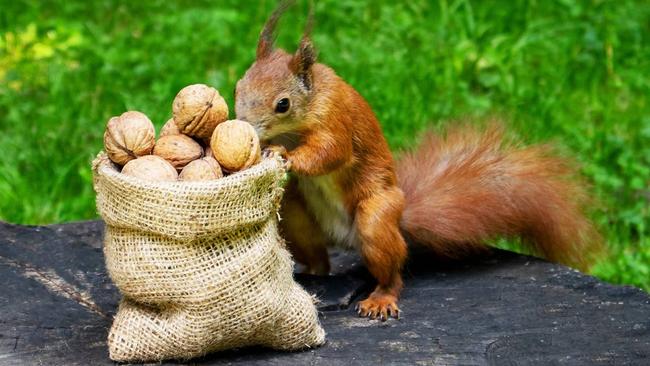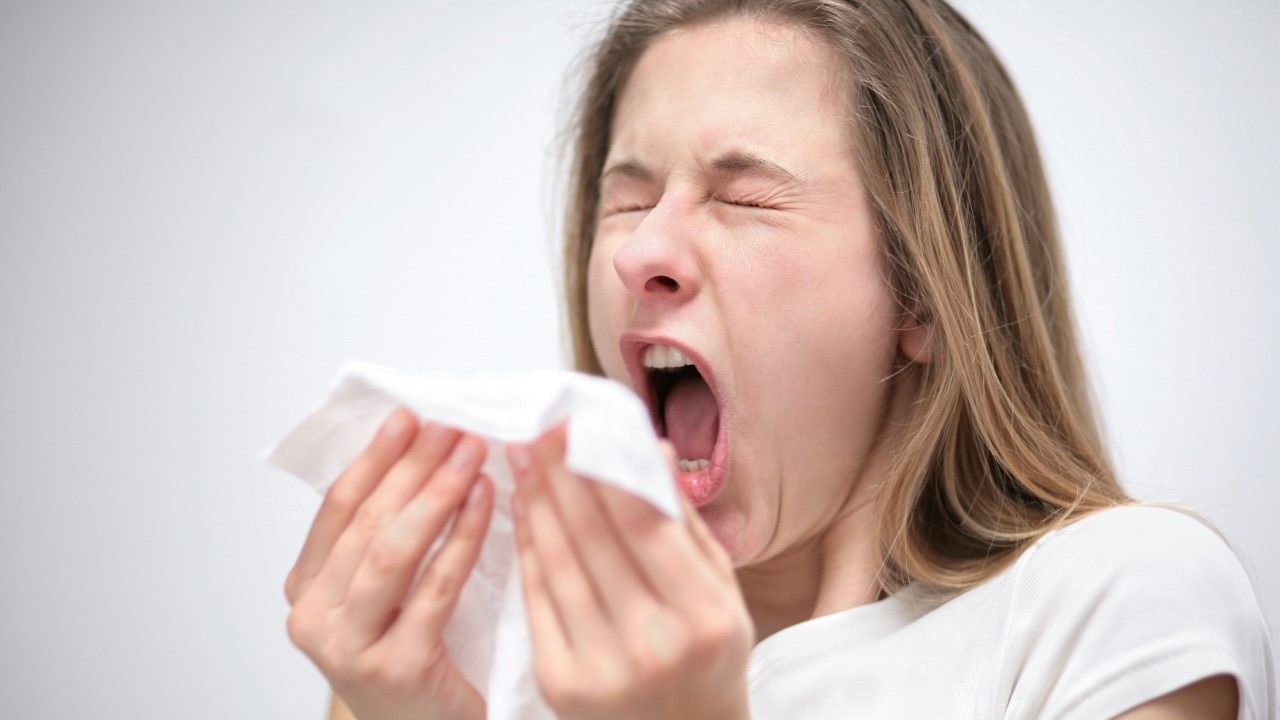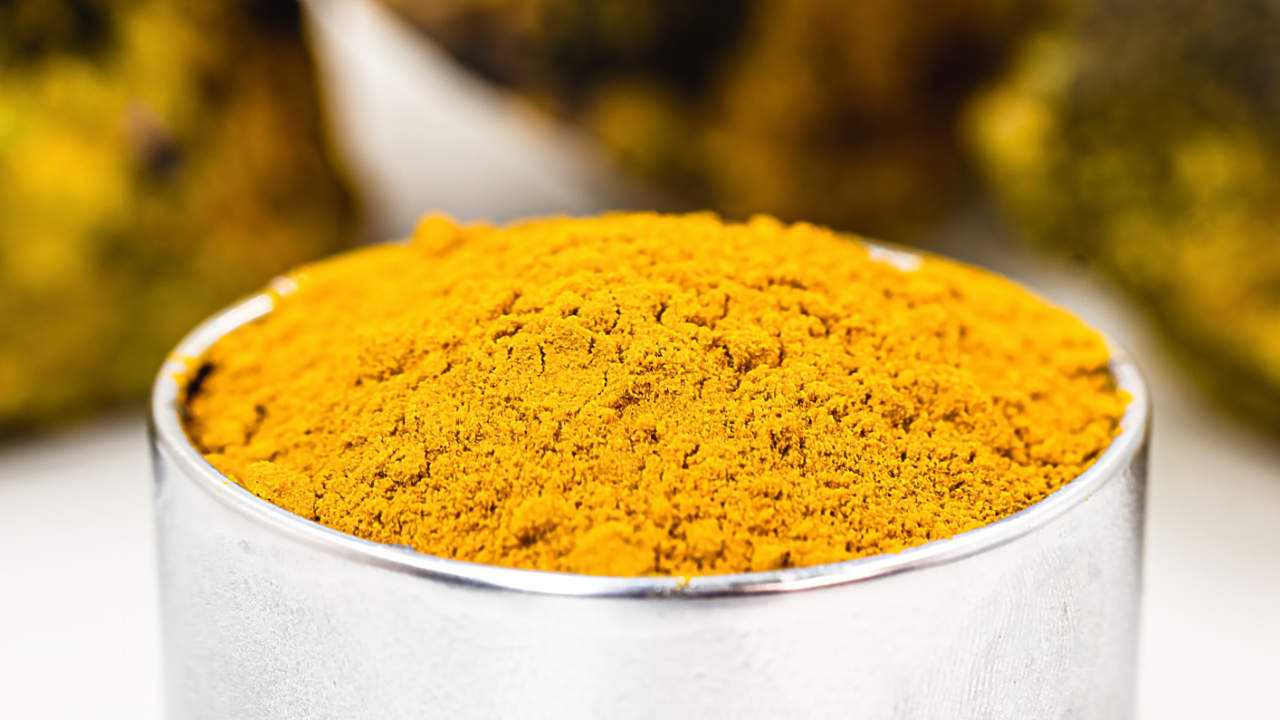Health Check: Impedimed says ‘nuts’ to tariffs as it squirrels away components
US-focused device maker Impedimed is building a $1.2 million stockpile of Asian-sourced componentry to avoid any fallout from Trump’s tariffs.

By stockpiling components, the US-focused Impedimed is taking no chances with tariffs
Cashed-up Amplia forges ahead with promising pancreatic cancer trial
Some biotechs are headed to the well, while others are rolling in the green stuff
The maker of Sozo lymphoedema measurement devices, ImpediMed (ASX:IPD) says it will spend $1.2 million to stockpile foreign componentry in the US.
CEO Parmjot Bains today said the items would be bought at “pre-tariff prices to further reduce the risk of disruption.”
Earlier this month Impedimed said it expected “no material impact” from tariffs, given its Sozos are made in the US from “substantial US componentry”.
But the squirrelling of parts – mainly electronic components ultimately sourced from Asian countries including Taiwan and Malaysia – highlights the measures US exposed device and drug makers are taking to avoid any collateral damage.
The Trump administration has plonked a 32% tariff on Taiwan – the world’s computer chip capital – although the impost is on pause and open for negotiation with the Great Dealmaker.
Impedimed, meanwhile, has pledged to rev up its US sales.
This is despite posting record March quarter revenue of $3.4 million, 31% higher year on year.
The company sold 36 Sozo units, 22 in the US.
"While there’s a lot to like in the result … we still need to see a significant acceleration in US sales," Bains said.
And sales teams take note: she expects improved US turnover for the rest of the calendar year.
After burning $3.5 million during the quarter, Impedimed had a lush $27.8 million cash balance.
This includes a US$10 million drawdown on a US$15 million loan facility.
Hitherto assessed with a tape measure, lymphoedema is the swelling of limbs because of cancer treatment.
Amplia advances pancreatic cancer trial
Amplia (ASX:ATX) today said it had $10.9 million in its kitty after expending $2.7 million during the quarter.
This makes management even more confident of completing its encouraging local pancreatic cancer trial.
Dubbed Accent, the 55-patient phase IIa trial tests Amplia’s narmafotinib (AMP-945) alongside the standard-of-care chemotherapy (gemcitabine).
In an update on Monday, the company said of the 29 advanced pancreatic cancer patients assessed to date, 11 had a partial response.
This means they had a tumour shrinkage of 30% or more, sustained for at last two months.
This response rate of 38% compares with the historical average of 23% for chemo alone.
The results also show the patients remained on the trial for a median 208 days, compared with 117 days for the chemo-alone group.
“That’s probably the most important data, because we expect that will translate into progression-free survival (PFS) data and ultimately overall survival (OS).” says Amplia CEO Dr Chris Burns.
Burns, by the way, co-invented the US-approved myelofibrosis drug Ojjaara.
PFS is the length of time a patient lives with a disease without the disease getting worse.
OS is the length of time from diagnosis or treatment until death, regardless of the cause of death.
“That’s what you care about as a patient: how long am I able to take these drugs to stop the disease progressing," Burns says.
The company expects a read-out on PFS data in the September quarter.
Pancreatic cancer is one of the deadliest of all cancers, with an average nine months’ life expectancy with the current chemotherapy.
“Commercially, while it is challenging you don’t have to do a lot for it to be meaningful,” Burns says.
Time to rattle the can …
With today marking the cut-off for March quarter reports, lodgements are flooding in like Wivenhoe Dam after one of these one-in-100-year floods that happen every couple of years.
While there’s plenty of cheer, some biotechs clearly need cash if they are to remain viable.
A developer of natural pesticides and insecticides, Bio-Gene Technology (ASX:BGT) had cash burn of $644,000 and no revenue, reducing its cash to $683,000.
“A capital raising is imminent and the company believes these activities will be successful in raising cash,” the company says.
Bio-Gene also has US$3 million in grants across two US military programs, including a push to banish bed bugs (an itchy problem in those shared dorms).
Opyl (ASX:OPL) late yesterday reported receipts of $2000 and burn of $262,000, taking its cash to a mere $64,000.
The company also has $380,000 of drawn loans and $25,000 of loan headroom.
Today, Opyl shares entered trading halt as the company was “considering, planning and executing a capital raising”.
Opyl is interesting, having developed an algorithmic tool to predict the outcome of clinical trials (and to run them optimally).
The developer of blood and glucose tests and quality control assays for winemakers, Universal Biosensors (ASX:UBI) upped receipts by 28%, to $1.6 million.
But the company's burn of $3.7 million reduced cash to $4.9 million.
Universal is having capital raising discussions with “various interested stakeholders” and the “likelihood of success is high”.
Device innovator Hydrix (ASX:HYD) has a lot of groundbreaking projects.
But with its cash whittled down to $289,000, short-term survival is the key and management is taking action including chasing tardy debtors.
… while others are rolling in cash
Mesoblast (ASX:MSB) burnt through US$12.7 million but has a handy US$182 million in the bank as it commercialises its now US-approved treatment for paediatric graft-versus-host disease.
Genetic Signatures (ASX:GSS) is also strongly positioned, with $37.4 million of cash, having burnt a modest $300,000 in the quarter.
Genetic also posted $2.9 million of sales, up 71%.
As with Mesoblast, the company is in the early stages of US commercialisation, for its recently approved gastrointestinal bug test Easyscreen.
Percheron Therapeutics (ASX:PER) burnt $4.47 million during the quarter and ended up with $12.9 million of cash.
The dosh is the residue of a capital raising to support Percheron’s now-abandoned Duchenne muscular dystrophy program.
Having survived a second board spill last week, management is scouring for an alternative asset to deploy the residual spendoolies.
Orthocell (ASX:OCC) earlier reported a generous cash balance of $31.7 million.
That's more than enough to support Orthocell's product commercialisation including the rollout of its Remplir nerve repair device in the US.
But the stock spiked up to 13% this morning for a different reason: Canada – a.k.a. the 51st state – has also approved Remplir.
At Stockhead, we tell it as it is. While Orthocell is a Stockhead advertiser, the company did not sponsor this piece


